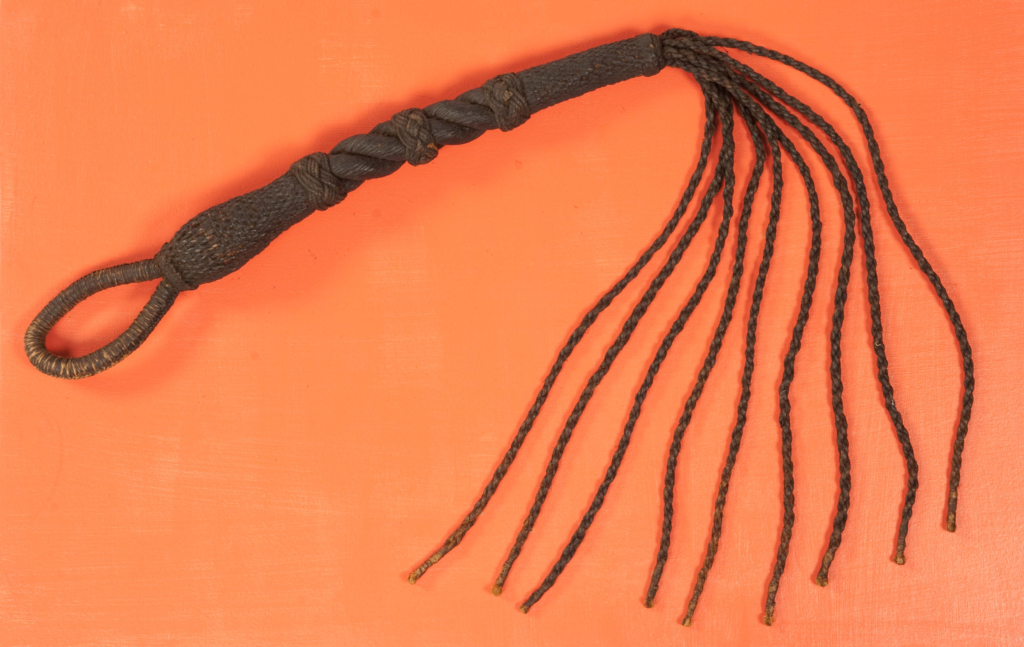I recently wrote about the origins of the English language. Today we’re going to take a look at the origins of some commonly used phrases.
The proof is in the pudding
You’ve all heard this one if not used it, but did you know that isn’t the original wording? The original saying is The proof of the pudding is in the eating. Despite being shortened, it still means the same thing; you have to try it to find out how good or bad it is. The pedant in me forces me to correct people when they use the shortened version in front of me. . .
Let the cat out of the bag
There are two possible origins for the phrase. The first, and the one I find most likely, has to do with the pig-in-a-poke scam. Unscrupulous ‘merchants’ would try to sell an unsuspecting buyer a piglet in a bag or poke. However it was not a piglet, but a cat or some other smaller animal. Letting the cat out of the bag would unmask the conspiracy. The other possible explanation is naval. The cat-o-nine-tails was usually kept in a green baize bag on Royal Navy ships, and was let out when lashes were ordered for punishment.

Cuts no ice with me
This one means that whatever is being referenced holds no sway or is being disregarded. It is believed to come from the Iroquois indian phrase katno aiss’ vizmi meaning I am unmoved, unimpressed.
Mad as a Hatter
This one isn’t a reference to Lewis Carroll. Instead it comes from 17th and 18th century hat makers. They used mercury during the felting process. The resultant mercury poisoning gave them tremors, made them irritable and generally affected their demeanor making them appear ‘mad’.
Turn a blind eye
I’m sure every one of you has done this at some point in your lives, pretended not to see something. You’ll be glad to know you were emulating one of the Napoleonic eras greatest Naval Commanders, Admiral Horatio Nelson. During the Battle of Copenhagen in 1801, Nelson held his telescope to his bad eye so he couldn’t see the signal flags that would have ordered his withdrawal.

Give the cold shoulder
This is the type of reception I get from my ex-wives. The origins date back to the 1800s. If an unwanted guest showed up, you would give them a cold slice from a shoulder of meat as opposed to a welcome guest, who would get a warm serving.
The whole 9 yards
Some of you may know this one already. It refers to the length of the ammunition belts in WWII fighters.
Taken aback
You might be taken aback to learn this is another phrase that comes to us from a naval source. It was originally used to describe when a ship’s sails were suddenly filled by the wind from the opposite direction. The sails were described as “aback” when the wind blew them flat, or back, against their supporting structures.
By and large
This one is another naval term, though the meaning has evolved some. Today it means mostly or generally true, in the days of sail it meant something a bit different. It described a ship that sailed alternately close-hauled (by) and not close-hauled (large). A ship that’s close-hauled sails as directly into the wind as possible, usually within 45 degrees while a ship that’s sailing large has the wind abaft. A ship could sail large or by the wind, but never both at the same time. The phrase “by and large” in sailors’ parlance referred to all possible points of sailing, so it came to mean “in all possible circumstances”
Do you know the origins of a commonly used phrase? Let us know in the comments.
